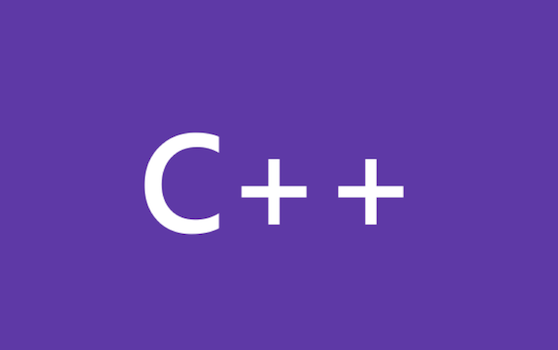DeepEnds 3.5: Make public members private
 CycleRouter Ltd has released version 3.5 of their DeepEnds dependency analysis tool. A highlight:
CycleRouter Ltd has released version 3.5 of their DeepEnds dependency analysis tool. A highlight:
Report and/or automatically rewrite public members that should be private
From the release announcement:
DeepEnds includes other dependency analysis tools to analyse coupling and cohesion, delete redundant code and
identify classes to extracted from C code. It parses C++, C# and Visual Basic source code.
The software is free to use until the end of August and will now install successfully via NuGet.

 Ready to try them?
Ready to try them?